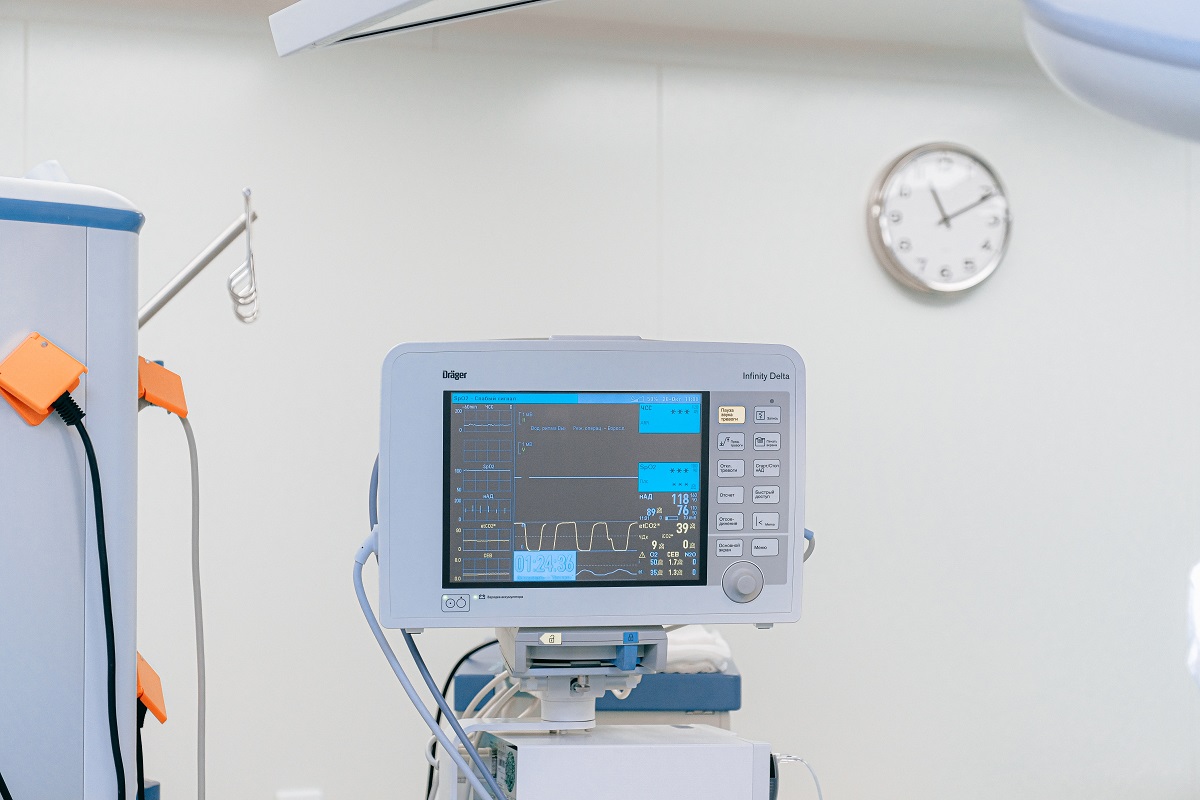New York hospital physician cared about profits than the well-being of his patients.
Earlier this month, New York Presbyterian, Queens hospital agreed to pay over $2.5 million in a settlement regarding the improper replacement of defibrillator battery implants by a former physician of the hospital. The New York hospital reported the physician’s misconduct following an internal investigation after complaints from patients.
The physician, although not mentioned in the settlement, billed government health insurance companies in order to pay for the replacement Implantable Cardioverter Defibrillators (ICD) batteries. The Eastern District of New York U.S. Attorney Breon Peace said, “The office is committed to combating fraud and abuse of our federal health care programs, especially when such conduct potentially puts patients at risk.”
ICDs are small battery powered implants placed within a person’s chest cavity that prevent the heart from beating irregularly by monitoring its normal rhythm and sending an electric shock if the heart stops beating. Essentially, ICDs act as internal AEDs, which are the devices used when a person is receiving CPR after cardiac arrest. Often, ICDs are used after heart attacks or other cardiac conditions such as arrhythmia.

What makes the doctor’s actions especially malicious is that beyond defrauding the taxpayer for millions of dollars, replacing an ICD opens the patient up to huge amounts of risk. According to a 2014 study published in PubMed Central, patients receiving a replacement of an ICD have a “41% mortality rate even after adjusting for demographics such as race, sex, age and comorbidities.” The unnamed physician performing the erroneous surgeries upon patients may, in fact, have shortened their lifespans by exposing them to additional risks such as infection and inflammation.
Government funding of ICD implants placement and replacement, although extremely helpful to those who need financial and medical assistance, prove to provide perverse monetary incentives for doctors who take advantage of subsidized healthcare. A 2020 medical study found that doctors are most likely to select ICD “devices made by the manufacturer that provided the largest payment to the physician…” than more affordable devices on the market. This study indicates that both patients and taxpayers may be paying a substantial amount more than what is necessary for physicians to provide adequate care.
Shockingly enough, some critics also claim that the original ICD implantation may have been unnecessary in the first place. Even though abnormal cardiac events can qualify most seniors for an ICD implantation, a 2007 study published in the Journal of the American College of Cardiology shows that up to 30% of ICD implantations may be unneeded. The study claimed that patients who survive a heart attack but have a negative result on the “microvolt T-wave alternans test (MTWA) have the same mortality rate 3 years later whether they had an ICD implanted or not.” Interestingly, many doctors do not use MTWA do determine if a patient should receive an ICD.
Overall, the corruption at New York Presbyterian, Queens hospital may be indicative of a larger problem within the medical supply arena. Although there are instances where ICD implantation is the best option available, these studies indicate that at least a portion of physicians are willing to accept money from insurance companies and Medicaid to select costly devices and perform surgeries that do not have their patient’s best interest at heart.
Sources:
New York hospital to pay $2.6 mln over doctor’s unnecessary surgeries
Association Between Industry Payments to Physicians and Device Selection in ICD Implantation
Are One-Third of Costly Implanted Heart Devices Unnecessary?


Join the conversation!